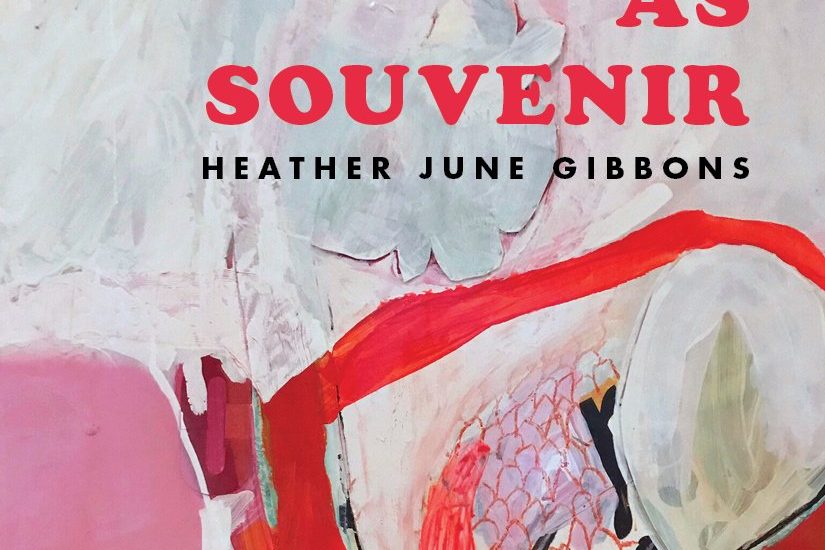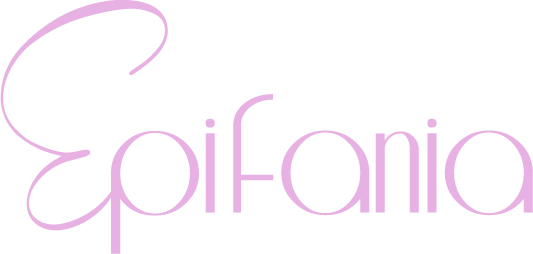A Conversation With Poet Heather June Gibbons


Unlike other forms of literature, poetry has a way of drawing pictures in one’s mind. The drawings can be still life paintings, portraits or abstract. They can be reminiscent of Rembrandt, Monet, or Dali.
Recently I came across Heather June Gibbons latest poetry novel, “Her Mouth As Souvenir.” I heard her read some of your poems a bookstore in the Haight district of San Francisco. With every word she spoke, a different picture emerged in my mind.
Epifania Magazine: Can you describe your writing process? Do you start one poem and then jump into another poem? Do you just start with ideas?
Heather June Gibbons: I rarely start with an idea for a poem. The ideas emerge organically, from the material, and sometimes I have no idea what a poem is about until long after I’ve written it. Most often, my writing process begins with the language itself, something I’ve overheard, read, remembered, or invented that sticks with me, or with images that strike me. I might start to work with a phrase, or a group of words and images, exploring the rhythms and sounds, and the various connotations and associations, playing with repetition and pattern, and just see where it takes me.
I trust this process of feeling around in the dark. I cultivate it. And while I’m writing, especially in the first, raw stage, I make a choice not think about what the poem means, or why I’m saying what I’m saying, or where this is all coming from. I like not knowing– it keeps me interested, and I think it ultimately creates a more interesting experience for the reader as well. This is how the poems accrue. I discover them, word by word, line by line. At some point, I might catch a glimpse of what I think the ending could be, and then write toward that ending. Other times, the process is completely non-linear– I write lines and sentences and then cut and paste them, collaging and re-shaping the material until its form emerges.
Epifania Magazine: How do you balance family life with a creative field? Does the flexibility of writing marry well, with family life?
Heather June Gibbons: I’ve only been a parent for four years, so I feel like I’m just barely figuring it out as I go, and things change so quickly with a young child. As for flexibility, yes, writing and teaching allow me scheduling flexibility. The more difficult balance is to find the time and energy to prioritize and center creative work when life is so busy and, as an educator, mentor, mother, colleague, etc., a lot of my time is dedicated to the needs of others. That is necessary, good, and satisfying work, but you know that the term “emotional labor”? Yeah, I feel that sometimes. Overall, though, having worked various kinds of jobs over the years– in restaurants, ad agencies, retail, housecleaning, you name it– I recognize the privilege I now have. I’m lucky to have the time, energy, and support that I have to do creative work.
Epifania Magazine: My first thoughts when reading “Let’s Pretend,” was Instagram. The stream of photos of a tiny aspect of people’s lives. Is that what you were thinking?
Heather June Gibbons: I love that interpretation! I wasn’t thinking specifically of Instagram– I don’t think I was even on Instagram when I started writing that poem– but I was definitely on social media, probably too much. There are other emotional pressures at work under the surface of that poem, but the imagery and the experience of rapid-fire scrolling through eye candy, food porn, selfies, GIFs, ads that look like personal posts, personal posts that look like ads, everything stylized in various ways to idealize, exaggerate, deceive or otherwise take the image (and us) out of the realm of reality–the poem is definitely a response to all of that.
Epifania Magazine: Why is creative writing important for entrepreneurs that may focus just on self-help books?
Heather June Gibbons: I think creative writing and reading can be valuable for anyone, especially those who value fresh approaches, innovation, imaginative thinking, all that stuff. Ideas come from everywhere, often where (and when) we least expect them. I know I’m inspired as much by music, visual art, film, science, technology, and popular culture as I am by reading poetry. Cross-pollination, looking up and around, beyond expected sources, can lead to breakthroughs in any field. I mean a lot of those self-help books sound the same! And if everyone is reading the same self-help books, how does that give you an entrepreneurial edge? Plus, it’s fun!

Epifania Magazine: “Event” reminded me of a scene in the movie “The Next Three Days” where one action can change one’s life. Is that the imagery you were going for?
Heather June Gibbons: Well, I haven’t seen that movie, so I can’t say for sure, but this notion of one scene changing someone’s life makes sense of that poem. I was intrigued by what would happen if I tried to write a poem that moved forward, line by line, by continually referring to something (or various things) that had happened before. What would happen at the end of all of those “before”? I had no idea what was “back there,” in time, or what the poem would ultimately point to. Would there be a particular, actual pivotal event in the end (or the beginning, as it were), or would it end with more of a mysterious, charged absence?
Epifania Magazine: As a writer, when you just don’t have an idea, how do you face it?
Heather June Gibbons: As I said, I don’t usually write from “an idea,” but if the juices aren’t flowing, and the normal things aren’t working to get a new piece moving, I might give myself little exercises and warm-ups, little structures and challenges to work within, and basically force myself to write something, anything, and try not to judge its quality.
Writing is a practice, like so many things. It’s something we do and have to keep doing, even when it’s not going well. I often think of yoga when I think about this. I’ve been practicing yoga for over ten years, and it’s taught me a lot about mindfulness and keeps me limber and all that, yes, but yoga has also taught me a lot about humility, discipline, and patience. Like yoga, writing is a practice, more about the process itself than the immediate result.
Epifania Magazine: Any publishing suggestions or advice to new authors?
Heather June Gibbons: My advice to aspiring writers: read a lot, and read things that challenge you in various ways, not just the easy pleasures. Don’t get hung up on whether you’re a capital “W” writer or not– nobody is or isn’t. Rarely do writers feel like Writers. Many of us suffer from imposter syndrome or some level of anxiety about our legitimacy. Remember, writing is a practice, it’s something you do, and, hopefully, the more you do it, the better you get.
Regardless of what images your mind gravitates towards. Gibbons poetry book will help you paint a new image.




Comments
Trackbacks & Pingbacks
[…] teaching myself how to compartmentalize my hurt and pain and manage to exist in everyday life. I can honestly tell you that I can cast blame on many people, beginning with my mom who struggled to be a parent, my grandmother who raised her three children […]